Becoming an ACSM Certified Exercise Physiologist®: Who, Why and How
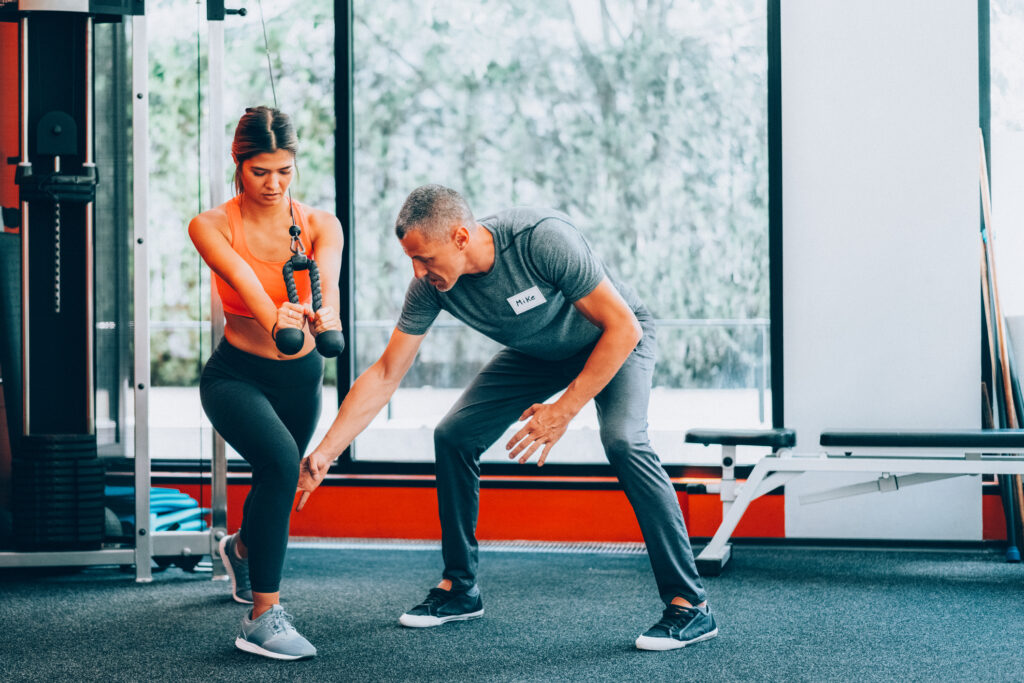
During their undergraduate academic careers, students majoring in exercise science-related fields contemplate various career paths and often seek guidance regarding the necessary steps to begin their career upon graduation. It is common to encounter soon-to-be graduates who want to work in the fitness industry but are confused about the wide breadth of certifications currently available. […]
Physical Activity Engagement for Clients with Intellectual and Developmental Disabilities
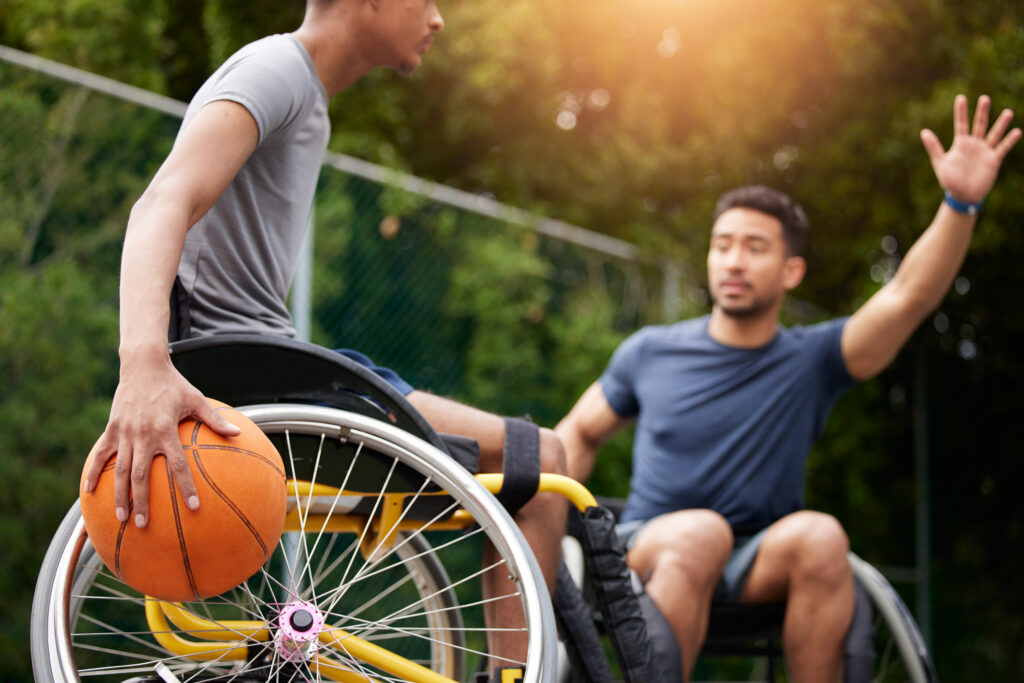
As a fitness professional, working with a client with intellectual and developmental disabilities (IDD) can present a uniquely difficult, though rewarding, experience. People with IDD face unique barriers to engaging in and adopting regular fitness regimens, including individual physical and cognitive limitations, time constraints and transportation restrictions, and access to facilities and appropriate programming.1 Therefore, tailoring […]
Does Menopause Make Women More Sympathetic to Exercise?
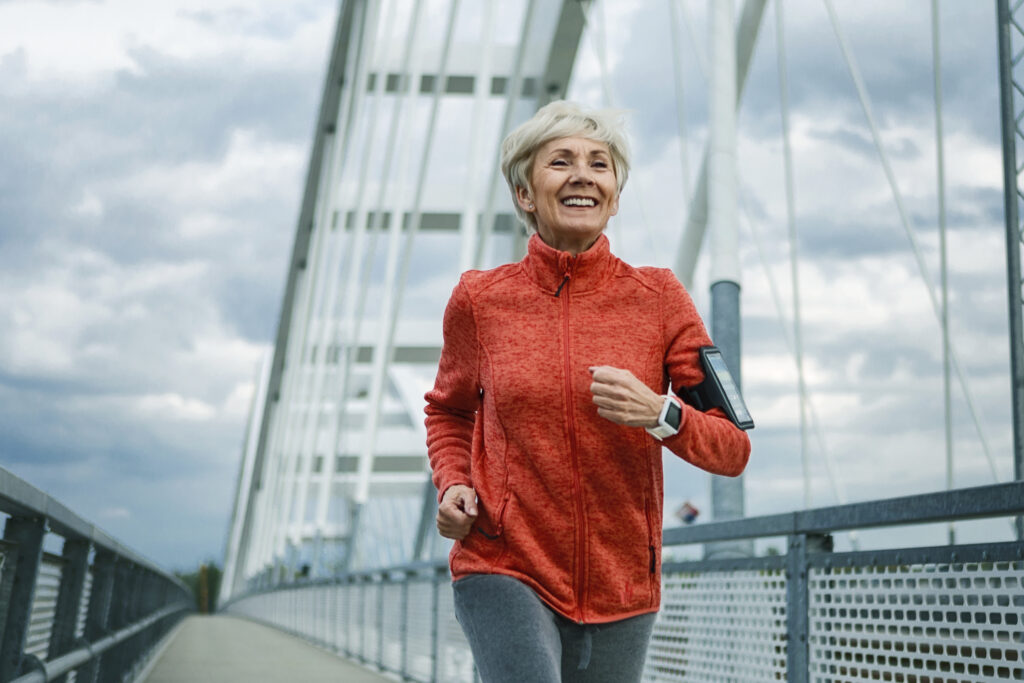
Cardiovascular disease remains the leading cause of death in women, and hypertension is a major contributing factor, particularly after menopause. The sympathetic nervous system — historically viewed as the “fight or flight” part of our autonomic nervous system — is involved in regulating blood pressure (BP) and can contribute to the development of hypertension. Previous […]
Case Model: Cardiac Rehabilitation CEP
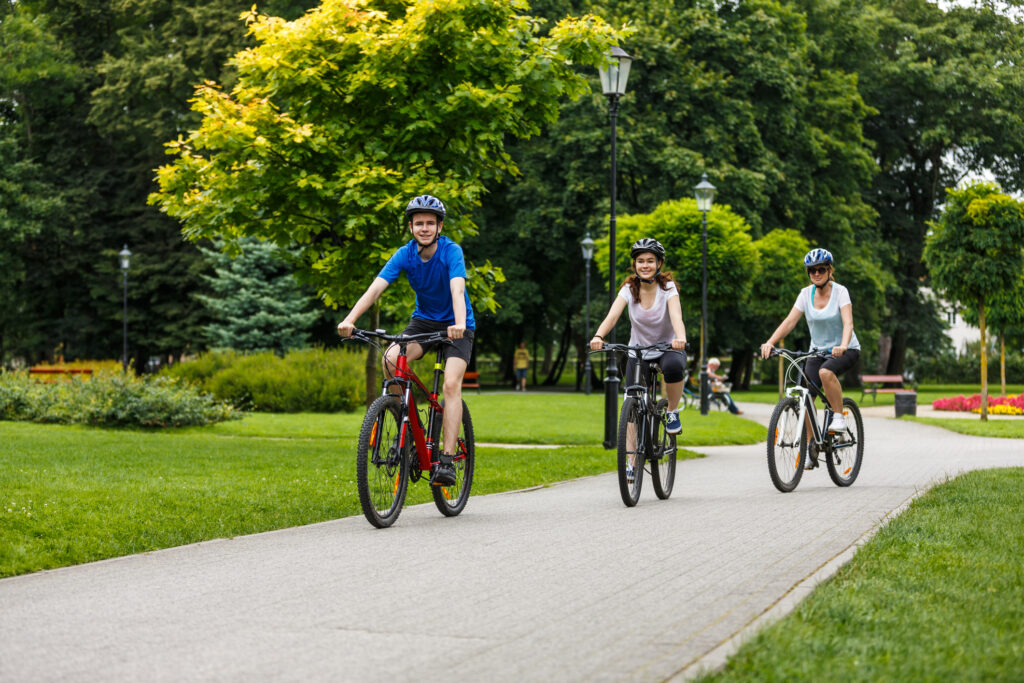
My name is Vanessa Valle, and I’m an exercise physiologist at the Cardiac Rehabilitation and Wellness Center at the University of California, San Francisco (UCSF). Our program opened in October 2019 and, just as we were gaining some kind of semblance of momentum, we shut down due to the COVID-19 pandemic. Every policy and procedure […]
Glucosamine Beyond Joint Health: Effects on Physical Performance
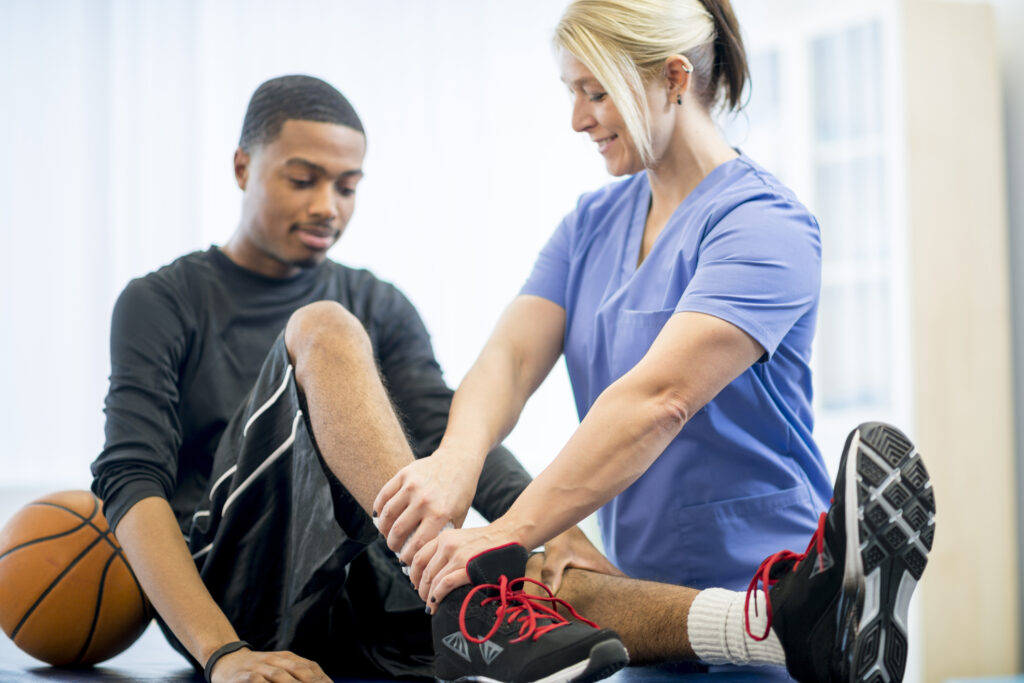
D-Glucosamine is an amino sugar synthesized from glucose and glutamine. It is found in cartilage, tendons and ligaments in our body. It is a component of glycoproteins, proteoglycans and glycosaminoglycans, which are the building blocks of cartilage. In human beings, glucosamine is synthesized endogenously from glucose but also may be obtained from exogenous dietary supplements. […]
Exercise and Energy Drinks: What Does the Research Say?
Should your clients use energy drinks to improve their exercise performance? The short answer is no. But it’s important to understand why. Energy drinks, or “EDs,” are fundamentally different from sports drinks (e.g., Gatorade) and traditional beverages like coffee, tea, soft drinks, juices and flavored water. Most contain three major components: high levels of caffeine, […]
How Coaching Works for the Exercise Professional
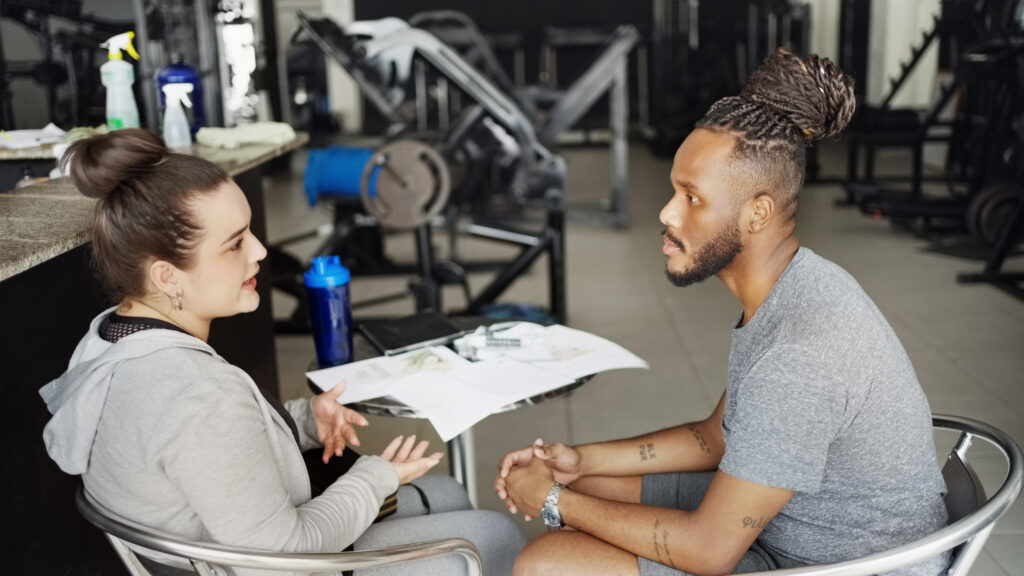
Wellcoaches created the animated movie How Coaching Works to explain health and well-being coaching when the field was in its infancy. Now with almost 2 million views, the video remains a useful illustration of the best qualities of a helping relationship. Let’s take a look at the psychological underpinnings of the cartoon, which will provide insight into useful […]
Honoring Dr. Barbara Drinkwater
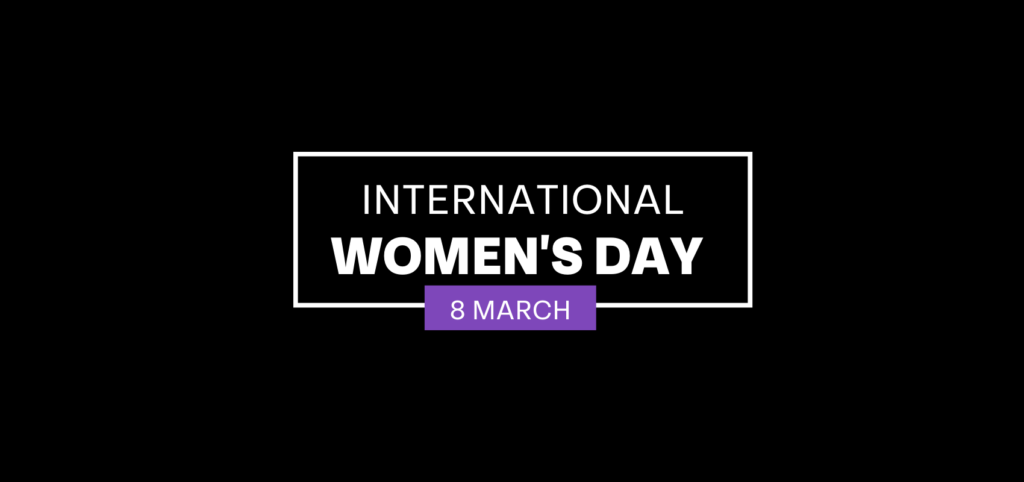
On International Women’s Day, the American College of Sports Medicine (ACSM) celebrates the achievements and legacy of Barbara Drinkwater, Ph.D., FACSM, who led the field in its recognition and understanding of female athletes’ unique needs and experiences. Having joined ACSM in 1966, Dr. Drinkwater went on to become the college’s first president who was a […]
Is Serum 25(OH)D the Best Indicator of Vitamin D Status for Athletes?
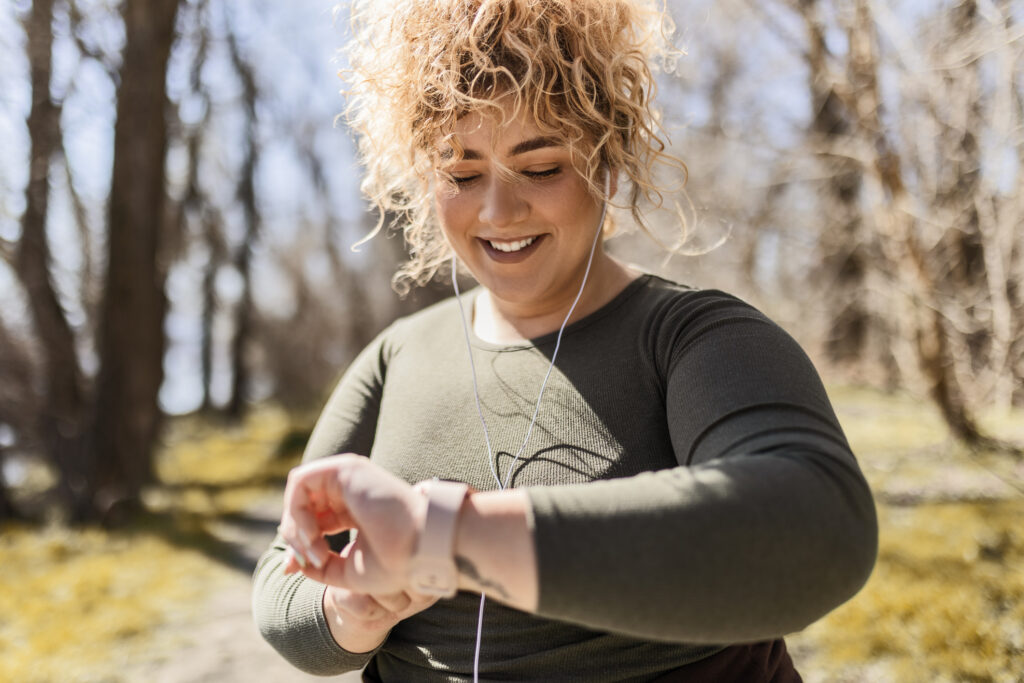
Vitamin D plays an integral role in bone health through multiple direct and indirect mechanisms, including the regulation of calcium and phosphate metabolism. It is also well understood that severe vitamin D deficiency is associated with rickets in children and osteomalacia in adults. However, the relationship between vitamin D and bone is not straightforward. For […]
Honoring Dr. Priscilla Clarkson | International Women’s Day 2022

International Women’s Day 2022 will be celebrated on Tuesday, March 8th with a theme of breaking down bias, stereotypes and discrimination. The early years of exercise science and sports medicine were dominated by men, as were many of the sciences. There were, of course, exceptional early female pioneers in our discipline, including (but not limited to) […]
